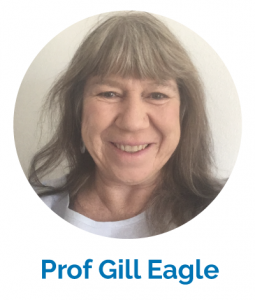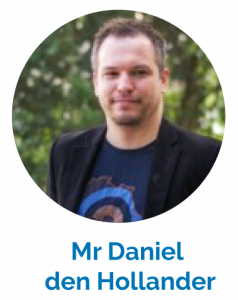
About this workshop:
Traumatic stress diagnoses like posttraumatic stress disorder (PTSD) have clinical utility, but do not always fit neatly with the complex treatment realities of the South African context. This workshop aims to assist psychologists to think about complicated forms of trauma exposure, with a particular focus on continuous traumatic stress and intergenerational and collective traumatization. It will be demonstrated that it is important to understand traumatic stress through a complex lens that takes account of the interaction of individual, relational, contextual, cultural, socio-political, and institutional features. Some proposals for intervention at individual and systemic levels will be offered, including how psychologists may work to assist in clinical, community and public health care settings. It is hoped that the workshop will provide guidelines for South African mental health care practitioners who are faced with complex trauma cases arising from the specific historical and contemporary features of South African society.
PsySSA Workshop Series 2022: Workshop 3: The Complexities of Trauma: Conceptual Considerations and Treatment Realities for Practitioners in South Africa
Meet our Presenters
Gill Eagle is Professor Emeritus of Psychology in the School of Human and Community Development (SHCD) at the University of the Witwatersrand in Johannesburg, South Africa. She is a qualified Clinical Psychologist with many years of experience as trainer, supervisor, therapist and consultant. Professor Eagle’s research interests are framed by a focus on the inter-relationship between the socio-political and intra-individual domains of human experience. Her primary research work has been in the field of traumatic stress, with a focus on trauma of human origin, including gender related, sexual, criminal, and politically motivated forms of violence. She has published extensively in this area and in 2010 co-authored the book “Traumatic Stress in South Africa” together with Debra Kaminer. Her work in the trauma field has focused strongly on contextual factors and has included the re-elaboration of the construct of Continuous Traumatic Stress.
Zamo Mbele is a registered clinical psychologist in Johannesburg, South Africa. Zamo has worked in both the private and public sector of South Africa’s mental health services, and he currently practices as a senior psychotherapist and is a senior supervisor at Tara H. Moross Hospital and at the WITS Donald Gordon Medical Centre. He has presented and published internationally and locally, and has contributed opinions extensively through media collaborations. Zamo is the vice-chairperson of the South African Depression and Anxiety Group (SADAG), and a director of the Ububele Education Trust. He has also worked and consulted considerably in the not-for-profit and non-government space. Zamo is also an organisation consultant for cooperate wellness and for academic and educational institutions.
Daniel den Hollander is a clinical psychologist who has worked in specialised mental health care, both in the public and private sectors. His expertise lies in voluntary, involuntary, and forensic treatment care, Complex PTSD and co-occurring addiction work. He has chaired the Psychology Professionals in Public Service Division of PsySSA from 2016-2021. During his term, PiPS became an established voice within parliamentary NHI discussions and building key stakeholder relationships with other government departments (e.g. DBE, SARS). He is an activist for mental health care in South Africa. He is passionate about cultivating and promoting empowerment and change: may it be in the therapy room, on radio, at governmental stakeholder meetings, or at conferences. He is a regular feature on SAFM Living Redefined, and contributor for the Mail & Guardian.
Debbie Kaminer is a clinical psychologist, Associate Professor in the Department of Psychology at the University of Cape Town, and chair of PsySSA’s Science of Psychology Committee. Her research interests include the impact and treatment of continuous traumatic stress.




